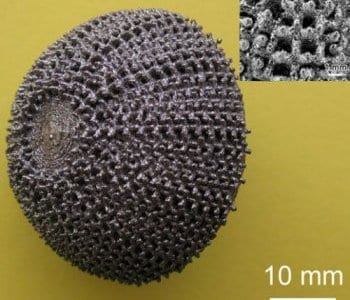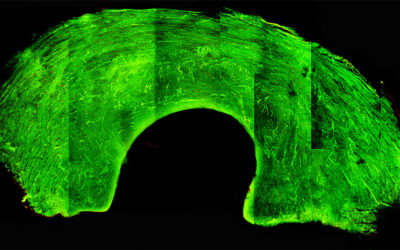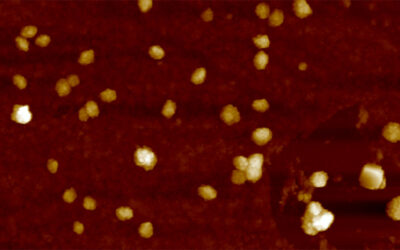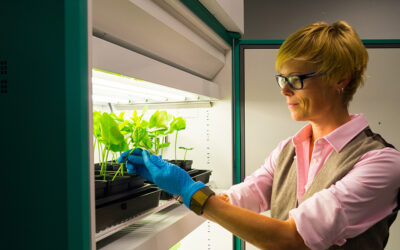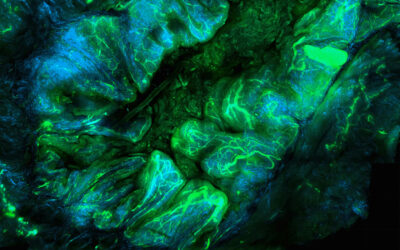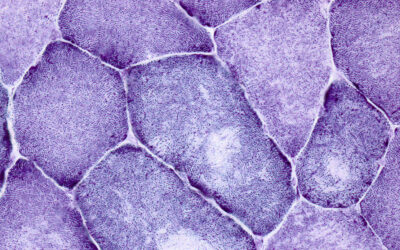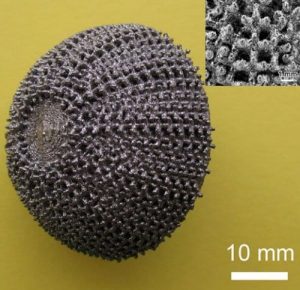 Titanium materials are of particular interest for biomedical applications due to their outstanding biocompatibility, excellent corrosion resistance and appropriate mechanical properties. It is very important that implant materials show mechanical properties close to that of human bone as this reduces the risk of implant loosening, thus, declines painful revision surgery for the patients. As hard tissues generally possess complex shapes, it is essential to fabricate implant materials with high level of dimensional accuracy and desirable surface features.
Titanium materials are of particular interest for biomedical applications due to their outstanding biocompatibility, excellent corrosion resistance and appropriate mechanical properties. It is very important that implant materials show mechanical properties close to that of human bone as this reduces the risk of implant loosening, thus, declines painful revision surgery for the patients. As hard tissues generally possess complex shapes, it is essential to fabricate implant materials with high level of dimensional accuracy and desirable surface features.
For patients with extensive bone loss or deformities, standard off-the-shelf orthopaedic implants often do not provide an acceptable clinical solution. In order to successfully treat such patients, customised devices with the external geometry derived from the patient’s Computed Tomography (CT) or Magnetic Resonance Imaging (MRI) data must be manufactured. Such customised devices have the potential to reduce surgery, recovery and rehabilitation times, restore correct joint kinetics, improve implant fixation and reduce the likelihood of revision surgery. These combined factors reduce the patients’ pain and suffering and should result in a considerable reduction in hospitalisation time and medical costs.
However, the difficulty of machinery and high cost of materials removal arising from the conventional multi-step manufacturing process usually make titanium components expensive. Near-net shape approaches are desirable to make titanium components especially with complex shapes. Emerging advanced manufacturing technologies such as selective laser melting (SLM) are providing the ideal platform for the creation of these customized devices. It facilitates the manufacture of parts with almost no geometric constraints and is economically feasible down to a batch size of one.
SLM is generally performed by applying a computer-controlled laser beam under a protective atmosphere in order to produce complex-shape samples based on CAD-model designs. Compared to conventional manufacturing technologies, SLM provides more advantages such as higher degree of shape complexity, lower production time and higher material utilizations. SLM is a promising technology for porous structure, as it allows combining of different designs of unit cells as well as tuning of manufacturing parameters to fabricate porous biomaterials of required properties which are of specific interest for load-bearing applications. This article by Lai-Chang Zhang and Hooyar Attar (from Edith Cowan University, Perth) reviews the recent progresses in selective laser melting of titanium alloys and titanium matrix composites, especially the development of new titanium alloy powder for SLM.

